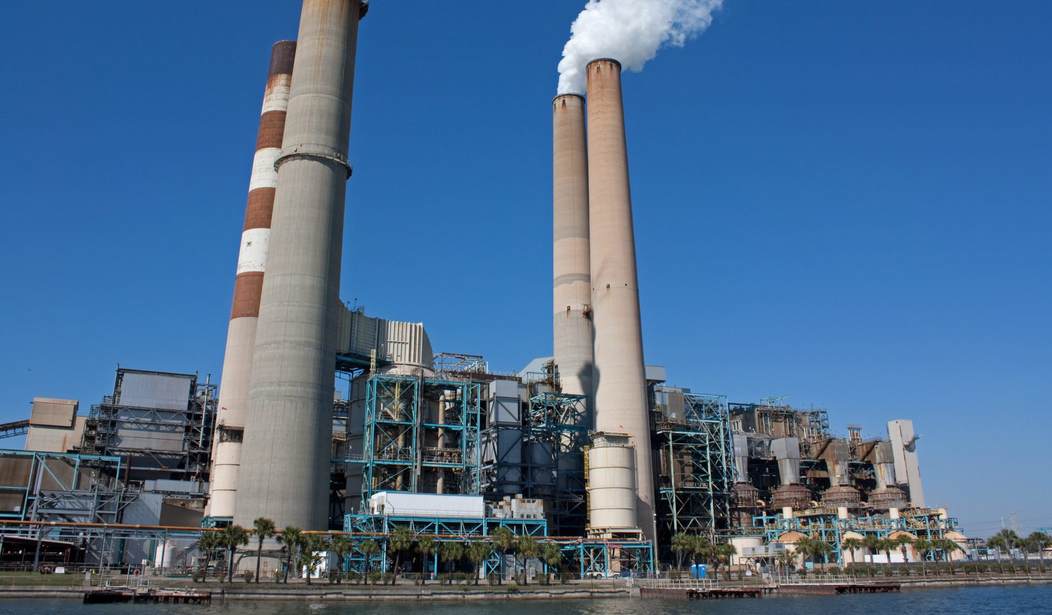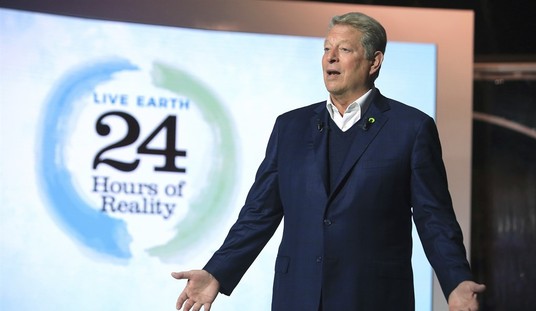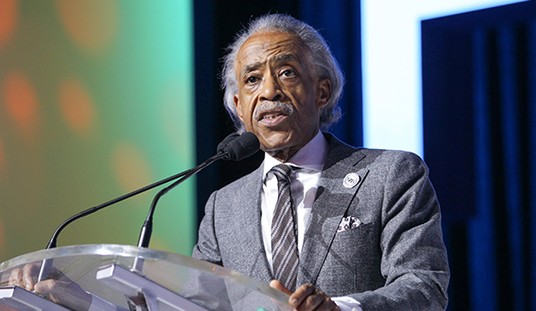WASHINGTON – The Environmental Protection Agency, as pledged, has imposed strict new greenhouse gas emissions standards on newly constructed power plants, drawing immediate objections from coal-state lawmakers who expressed a determination to get the regulations reversed.
EPA Administrator Gina McCarthy, in a speech focused on the new rules at the National Press Club, said that global climate change caused by carbon pollution “is one of the most significant public health threats of our time,” thus forcing her agency to adopt stringent measures.
“By taking common-sense action to limit carbon pollution from new power plants, we can slow the effects of climate change and fulfill our obligation to ensure a safe and healthy environment for our children,” McCarthy said. “These standards will also spark the innovation we need to build the next generation of power plants, helping grow a more sustainable clean energy economy.”
But climate-change skeptics and energy state lawmakers maintained that the changes further reflect President Obama’s ongoing “war on coal,” implementing a plan that will require new coal plants to install expensive equipment, which, in turn, will lead to higher utility bills.
“This is another attempt by the president to fulfill his long-term commitment to shut down our nation’s coal mines,” said Senate Republican Leader Mitch McConnell, of Kentucky, the nation’s third-largest coal producer.
Rep. Ed Whitfield (R-Ky.), chairman of the House Subcommittee on Energy and Power, called the new regulations “extreme” and said that the change essentially renders it “illegal to build a coal-fired electricity-generating plant in America.”
“This move is another attempt to bankrupt the coal industry to fulfill a campaign promise to radical environmentalists,” Whitfield said, adding that “electricity consumers will pay the price, making our economy less competitive in the global market place.”
The EPA’s decision was far from unexpected. Obama laid out an extensive climate-change plan last June that called for substantial reductions in greenhouse gas emissions, which are produced in great quantity by coal-fired power plants. As a result of the Clean Air Act, the new curbs do not require congressional authorization.
Coal-fired plants account for about 40 percent of the nation’s power.
Under the amended rules, expected to be finalized sometime next year, new large natural gas-fired power plant turbines will be required to meet a limit of 1,000 pounds of carbon dioxide per megawatt hour, while new small natural gas-fired turbines would need to meet a limit of 1,100 pounds of CO2 per megawatt hour. New coal-fired units would need to meet a limit of 1,100 pounds of CO2 per megawatt hour but would be given some flexibility under the plan to meet the EPA’s goals.
Currently, the most efficient coal-fired plants emit CO2 at a rate of about 1,800 pounds of CO2 per megawatt hour. Whitfield said the cleanest coal-fired electricity technology presently available, known as ultra-supercritical, cannot meet the new EPA standard.
The new regulations require new coal plants to install technology that will capture carbon before it can be released into the atmosphere. The technology, however, is not yet available. EPA is so confident in its promise and eventual availability, however, that it is giving coal-fired plants only seven years to comply.
“Forty years of Clean Air Act history proves we can reduce pollution while at the same time creating jobs and strengthening the economy,” McCarthy said. “The old rules may say we can’t protect our environment and promote economic growth at the same time, but in America, we’ve always used new technologies, we’ve used science, we’ve used research and development and discovery to make the old rules obsolete. Here in the United States, we have the knowhow, the skill, and the ingenuity we need to take on climate change. We can, and must, turn this public health and environmental challenge into an economic opportunity.”
But Sen. Joe Manchin (D-W.Va.), whose state ranks second behind Wyoming in coal production, agreed with Whitfield that the announcement “is direct evidence that this administration is trying to hold the coal industry to impossible standards.”
“Never before has the federal government forced an industry to do something that is technologically impossible,” Manchin said. “Forcing coal to meet the same emissions standards as gas when experts know that the required technology is not operational on a commercial scale makes absolutely no sense and will have devastating impacts to the coal industry and our economy.”
Manchin warned that the stricter regulations will cost jobs, increase utility rates and increase economic uncertainty. He vowed to “continue to fight EPA overreach.” McConnell promised to file a resolution of disapproval to block imposition of the new regulations. Under the Congressional Review Act, a member of Congress can introduce a resolution looking to overturn a new rule within 60 days after it is received. If adopted by both chambers and enacted into law, the resolution can nullify the rule even if it has already gone into effect.
McCarthy countered that the rules ensure that future power plants will use cleaner energy technologies such as natural gas, advanced coal technology, nuclear power and renewable energy like wind and solar.
“These carbon pollution standards are flexible and achievable,” McCarthy said. “They pave a path forward for the next generation of power plants. The standards are flexible because they set different standards for different types of power plants. The standards are achievable because they’ll secure major public health and environmental protections and they reflect the demonstrated performance of a variety of efficient, clean, homegrown technologies.”
The debate is sure to continue. As part of Obama’s climate-change plan, the EPA is in the process of developing new emission standards for existing coal-fire plants. That action is expected to come sometime in June 2014.
Frances Beinecke, president of the Natural Resources Defense Council, called the new regulations “a critical step” toward protecting future generations from climate change.
“The standard makes clear that tomorrow’s power plants won’t be built at the expense of our children’s future,” he said. “It signals that we’re moving, as a country, to the clean energy solutions we need. And it will help safeguard the most vulnerable among us—our children and elderly people—from smog worsened by climate change.”
Next, Beinecke said, “we must rein in the unlimited carbon pollution belching out of the nation’s existing electric power plants – those that are driving climate chaos today.”









Join the conversation as a VIP Member